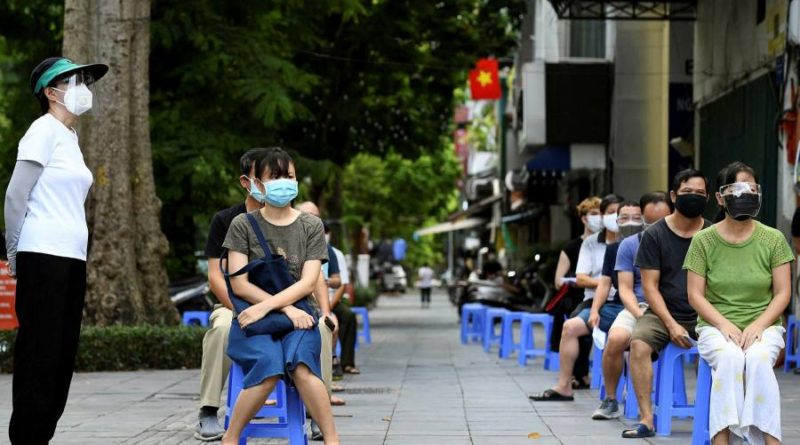Coronavirus latest: Vietnam orders Ho Chi Minh City into 2-week lockdown
Concern is growing in Japan that indispensable foreign workers will turn away from its domestic industry in the near future as coronavirus pandemic restrictions keep out new arrivals.
While generally reluctant to accept immigrants, Japan has a technical intern training programme for foreign workers for the official purpose of assisting developing nations.
Care Support in the city of Saitama, which operates the home and other nursing care facilities, began to hire young people from Vietnam and other countries in 2019.
At present, it has 13 foreign workers in the intern programme or with a “specified skilled worker” residence status.
But new foreign workers whom Care Support plans to hire have become unable to enter Japan because of the pandemic.
“All nursing care facilities are struggling with chronic labour shortages,” a company official told Nikkei Asia. “We are eager to hire [foreign workers] as early as possible.”

About 180,000 young people joined the labour force after graduating from high school in Japan last year, down 70 per cent from the 600,000 in 1990.
“Since the 1990s, foreign labourers have made up for [this] plunge,” said Shohei Sugita, a lawyer familiar with issues related to the employment of foreign workers.
The government has expanded its acceptance of unskilled foreign workers while maintaining a closed-door stance on immigrants coming to Japan with the expectation of permanent residence.
The intern training programme was introduced in 1993 to accept unskilled workers from Asian nations on the grounds that they could contribute to the development of their home countries through the skills they learned in Japan.
There were an estimated 600,000 foreign workers, including illegal labourers, in Japan in 1993, almost tripling to 1.72m by 2020, according to the Ministry of Health, Labour and Welfare.
About 378,000 foreign nationals were working in Japan under the intern training programme at the end of 2020, roughly double the number five years earlier, although the pandemic has put a halt to any further increase.




